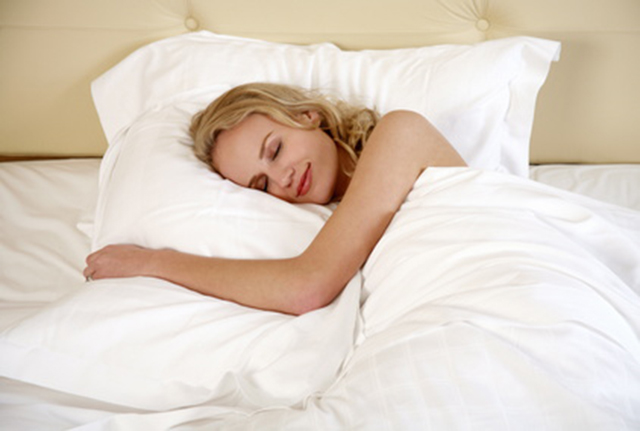Is napping a good thing? According to research conducted by the Endocrine Society, it can help strengthen the immune system and acts as a stress reliever as well.
The Centers for Disease Control and Prevention (CDC) reports that insufficient sleep is now a public health epidemic. The CDC also notes that lack of sleep can increase the risk of chronic diseases including hypertension, diabetes, depression, obesity, and cancer.
About 3 out of 10 adults sleep an average of 6 hours or less per night, according to the National Health Survey.
“Our data suggests a 30-minute nap can reverse the hormonal impact of a night of poor sleep,” explained Brice Faraut, PhD, one of the authors in the study. “This is the first study that found napping could restore biomarkers of neuroendocrine and immune health to normal levels.”
To test the effects of napping, the participants went through two sessions of sleep in a laboratory where light and food were controlled strictly. The study participants were men between the ages of 25 and 32.
In the first sleeping session, the men were limited to 2 hours of sleep on one night. In the second session, the participants were allowed two half an hour naps the night after getting only 2 hours of sleep. Each of these sessions started with a day where participants got 8 hours of sleep, and a recovery period after the session of unlimited sleep.
The research team took urine and saliva samples to determine how lack of sleep and napping affected hormone levels. After a night with 2 hours of sleep, the researchers observed a significant increase in norepinephrine, a hormone involved in the body’s response to stress. Norepinephrine is known to increase blood pressure, heart rate, and blood sugar levels. The researchers found no change in norepinephrine when men took naps after a limited night of sleep.
Limited sleep also affected levels of interleukin-6, a protein with antiviral benefits. However, the protein remained normal when men took naps after a night of limited sleep. The researchers believe that napping may benefit the immune system.
“Napping may offer a way to counter the damaging effects of sleep restriction by helping the immune and neuroendocrine systems to recover,” Faraut said. “The findings support the development of practical strategies for addressing chronically sleep-deprived populations, such as night and shift workers.”
This study showing that napping is good for your health was published in the Journal of Clinical Endocrinology & Metabolism.
Note: None of the information in our website is intended to diagnose, treat, cure or prevent any illness or disease. The content on our website is for educational purposes only.
DON’T FORGET to sign up for our weekly newsletter to get our latest articles, updates, free recipes and giveaways.
Experts reveal the price we pay for not sleeping.
For the health benefits of sleeping.
For almond butter to supercharge your sleep.
Anti-anxiety medications and sleeping pills now linked to risk of death.
For an anti-insomnia juice.
For a banana, cherry, and kale sleep aid smoothie.
Going to sleep earlier could boost happiness.
REFERENCES:
1. “Napping Reverses Health Effects of Poor Sleep.” Newswise. Endocrine Society, 6 Feb. 2015. Web. 15 Feb. 2015.
2. “Napping Reverses the Salivary Interleukin-6 and Urinary Norepinephrine Changes Induced by Sleep Restriction.” The Journal of Clinical Endocrinology & Metabolism. The Journal of Clinical Endocrinology & Metabolism, 10 Feb. 2015. Web. 15 Feb. 2015.
3. “Insufficient Sleep Is a Public Health Epidemic.” Centers for Disease Control and Prevention. Centers for Disease Control and Prevention, 13 Jan. 2014. Web. 15 Feb. 2015.

















